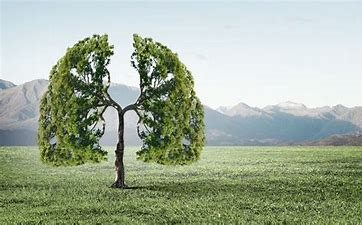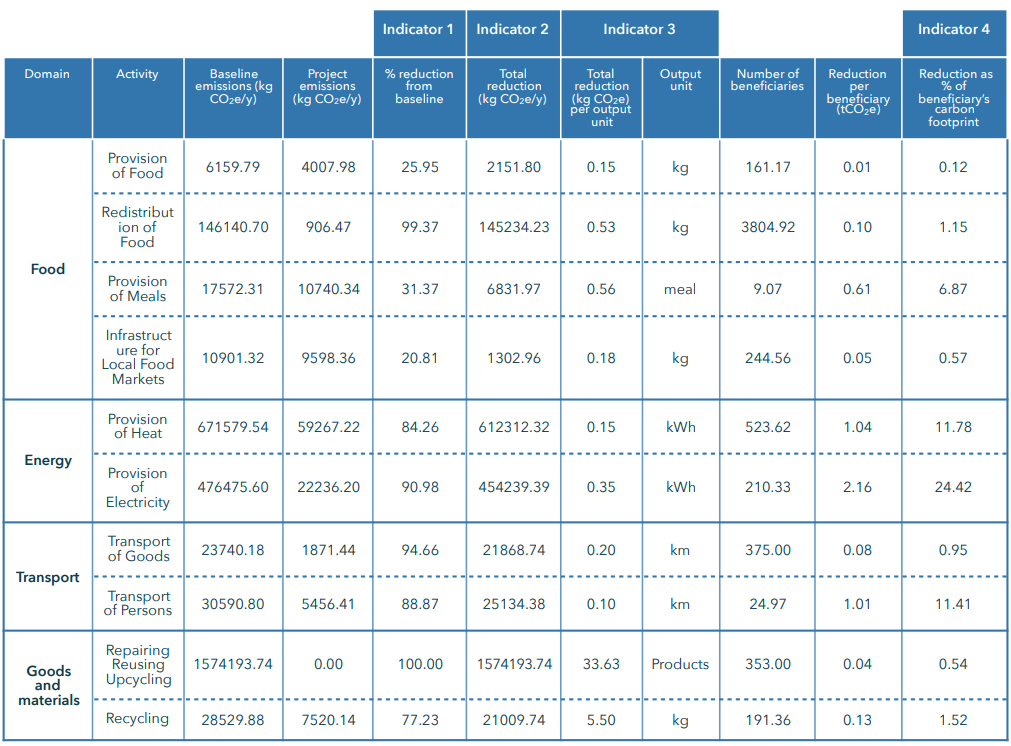Village Day Survey 2023
Thanks to all the 26 respondents to the SOW survey made available at the Oakington
Village Day on the 24th June 2023. This gives us all some idea what the village thinks.
- ‘Do you garden for wildlife?’
19 (73%) answered Yes (2 added “ish”)
2 (8%) answered both Yes and No.
5 (19%) answered No. - ‘Interested in learning about our local environment matters?’
26 (100%) answered Yes. - ‘Would you like to help map the wildlife in our village?’
21 (81%) answered Yes.
5 (19%) answered No. - ‘What environmental issues concern you?’
Respondents’ answers included the following themes:
9 (35%) global warming/climate change
6 (23%) water concerns (shortage, pollution, flooding)
6 (23%) biodiversity loss
5 (19%) destruction of wildlife habitats
4 (15%) plastic, landfill, recycling
3 (12%) access to sustainable energy
2 (7%) deforestation, tree preservation
2 (7%) air pollution
2 (7%) sustainable living (vs. consumerism)
2 (7%) climate anxiety
2 (7%) negative environmental impact (noise, traffic/speeding, litter)
1 (4%) growing food sustainably
1 (4%) soil conservation - ‘What do you do personally, to live more sustainably?’
14 (54%) grow veg, compost, garden sustainably/for wildlife
12 (46%) recycling
6 (23%) sustainable travel (walk, cycle, bus)
5 (19%) solar panels
5 (19%) sustainable shopping (eco provider, second hand, plastic free)
4 (15%) store/collect rainwater (water butts)
3 (12%) reduce food waste
3 (12%) meat free/reduced meat diet
3 (12%) electric or hybrid vehicle
2 (7%) reduce energy use
1 (4%) only two children
1 (4%) educate myself about sustainability - ‘What would you like to be able to do, but can’t?’
8 (31%) use renewable energy at home
6 (23%) use car less / have electric car
3 (12%) tackle pollution
2 (7%) political change
2 (7%) keep chickens/pigs
2 (7%) plastic free
1 (4%) plant trees
1 (4%) have a bigger garden
1 (4%) improve house insulation
1 (4%) self sufficiency (grow own food)
1 (4%) watch hedgehogs
1 (4%) Buy sustainable food at local supermarket








